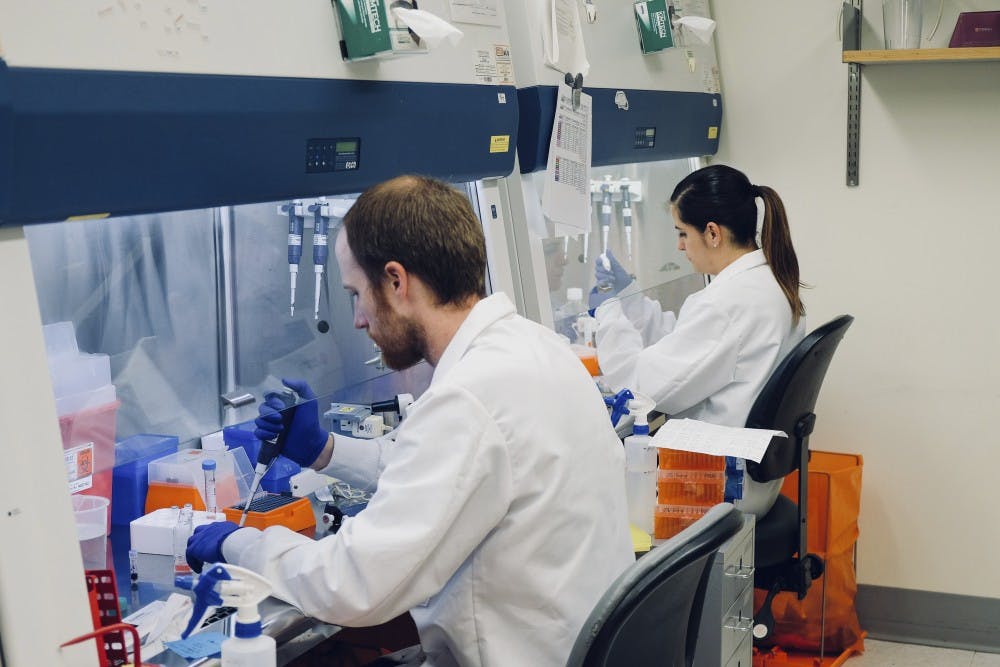People with positive tuberculosis tests most likely will not develop the disease, new Penn Medicine research found.
The study, published in The BMJ on Oct. 24, challenges the long-held belief that positive tuberculosis tests indicate a lifelong infection that could become an active case of tuberculosis at any time. The researchers argued that in may cases, people's immune systems destroy the infecting bacteria, but they retain an "immunological memory" to the disease that leads to positive test results.
Paul Edelstein, an emeritus professor of Pathology and Laboratory Medicine at Penn, led the study along with McGill University professor of Medicine Marcel Behr and University of Cambridge professor of Immunology and Infectious Diseases Lalita Ramakrishnan. The researchers argued that positive TB test results indicate that someone has been infected with TB at some point, not that they still have a latent infection.
“The National Institutes of Health and other nonprofit organizations spend millions of dollars on studies of the latent state because of the assumption that TB infection is life-long, held in check by the immune system. However, based on our analysis, we believe that it is rarely life-long, and in 90 percent or more of infected people, there is no possibility of TB development even with severe immunosuppression,” Edelstein told Penn Medicine News.
However, Edelstein also acknowledged that a portion of those with positive test results actually do have latent infections. The researchers said it is important to develop tests that identify those who are asymptomatic but infected, rather than all those who have been infected in the past, which could reduce cost and morbidity of treatment tenfold.









